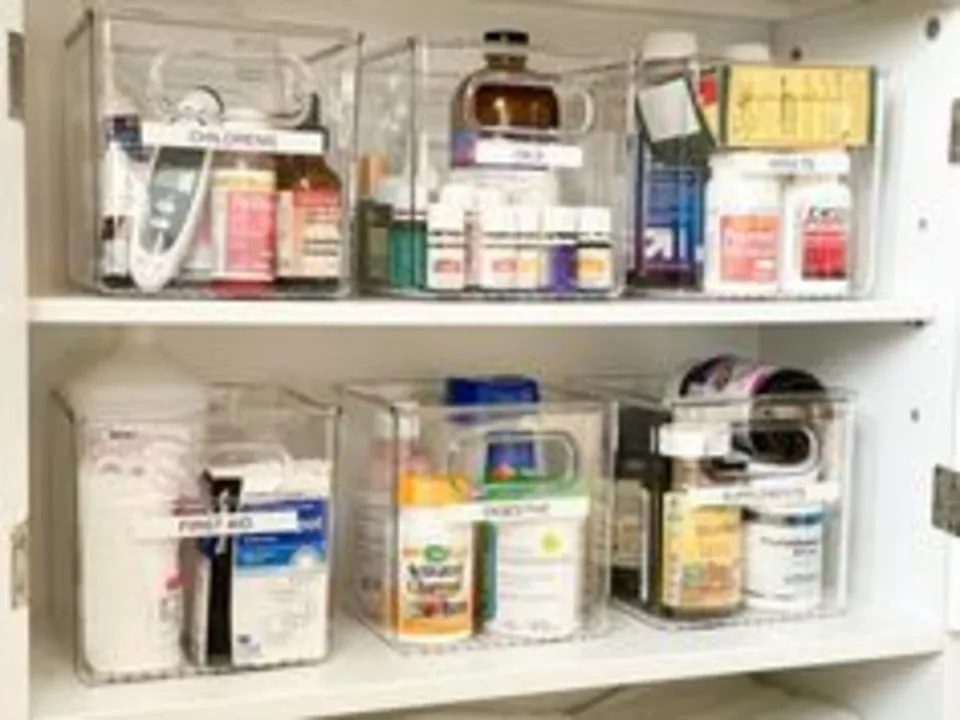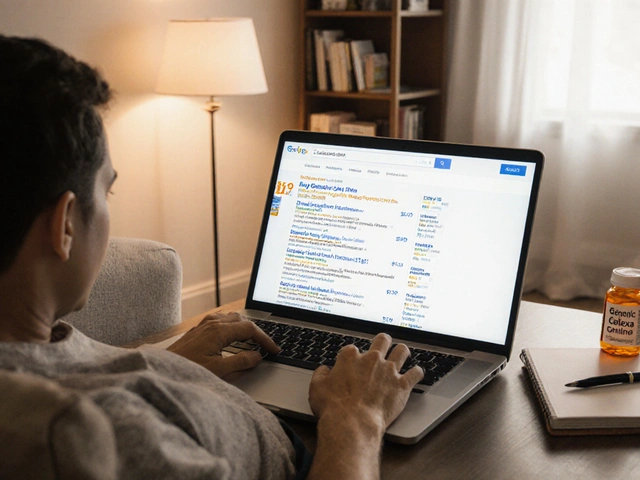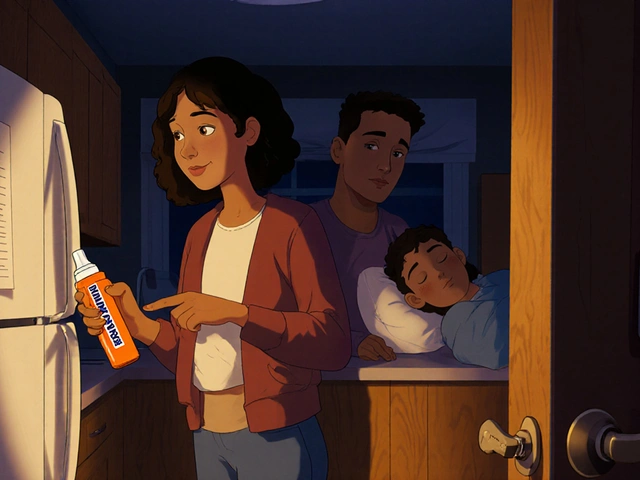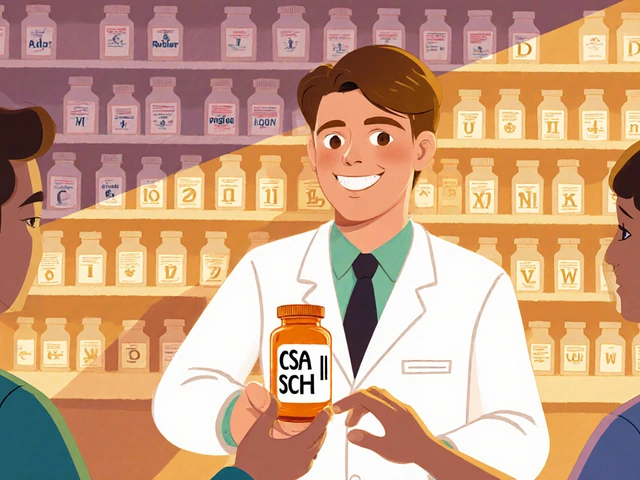Proper handling: keep your medications effective and safe
You probably keep pills in a bathroom cabinet or a kitchen drawer. Trouble is, heat, moisture, and sunlight can break down medicines and make them less effective — or even unsafe. These tips show how to store, handle, and dispose of common drugs so you get the intended effect and avoid accidental harm.
How to store common meds
Keep meds in their original containers with labels intact. That preserves dosing instructions and expiry dates. Store most pills at room temperature in a cool, dry place away from direct light. Avoid bathrooms and above-the-stove shelves — humidity and steam speed chemical breakdown.
Insulin and some biologics need cold storage. For example, long-acting insulins should be refrigerated before opening and kept between 2–8°C when required; once opened, many can be kept at room temperature for a limited time — check the leaflet. Never freeze insulin or leave it in a hot car. If a medication arrives by mail and the package looks melted or wet, contact the seller before use.
Light-sensitive drugs come in amber bottles. Don’t transfer them to clear containers. For liquid antibiotics, follow storage notes closely — some need refrigeration after reconstitution; others don’t. Always note the discard date written by your pharmacist.
Safe handling, travel, and disposal
Wash your hands before handling eye drops, ear drops, creams, or wound ointments. Don’t touch applicator tips to skin or surfaces; that keeps bottles sterile. For injectables, use only sterile supplies, follow injection-site rotation, and dispose of sharps in a proper puncture-proof container.
When traveling, carry meds in your hand luggage. Keep temperature-sensitive items with cold packs designed for meds, not ice that melts into water. Bring a copy of your prescription and a note explaining medical need for controlled drugs to avoid issues at security checkpoints.
Disposal matters. Don’t flush meds down the toilet unless the label explicitly says it’s okay. Many communities run drug take-back programs — that’s the safest route. If no take-back exists, mix pills with coffee grounds or cat litter, seal them in a bag, and throw them in household trash to make them less appealing. Remove or black out personal info on labels before tossing containers.
Buying meds online? Use reputable pharmacies, check for clear contact info, and inspect packages on arrival. If pills look different than expected, don’t take them; ask the pharmacy for verification. Keep childproof caps closed and store meds out of reach of kids and pets.
Small habits prevent big problems: set timers for doses, record when you open multi-dose vials, and replace expired products promptly. Proper handling protects your health, saves money, and keeps your family safe. If you’re ever unsure, call your pharmacist — they’ll give quick, practical advice for your specific meds.

How to Properly Store and Dispose of Biosoprolol
As a responsible individual, I've recently learned about the proper storage and disposal of Biosoprolol, a medication for heart conditions. To maintain its effectiveness, it should be stored at room temperature, away from heat, moisture, and direct sunlight. When disposing of expired or unwanted medication, it's crucial not to flush it down the toilet or drain. Instead, I found out that we should follow local guidelines or ask a pharmacist for safe disposal methods. By handling Biosoprolol correctly, we can ensure both our safety and the environment's protection.
Categories
- Medications (71)
- Health and Medicine (62)
- Health and Wellness (37)
- Online Pharmacy Guides (16)
- Nutrition and Supplements (9)
- Parenting and Family (3)
- Environment and Conservation (2)
- healthcare (2)
- prescription savings (1)
Popular Articles



